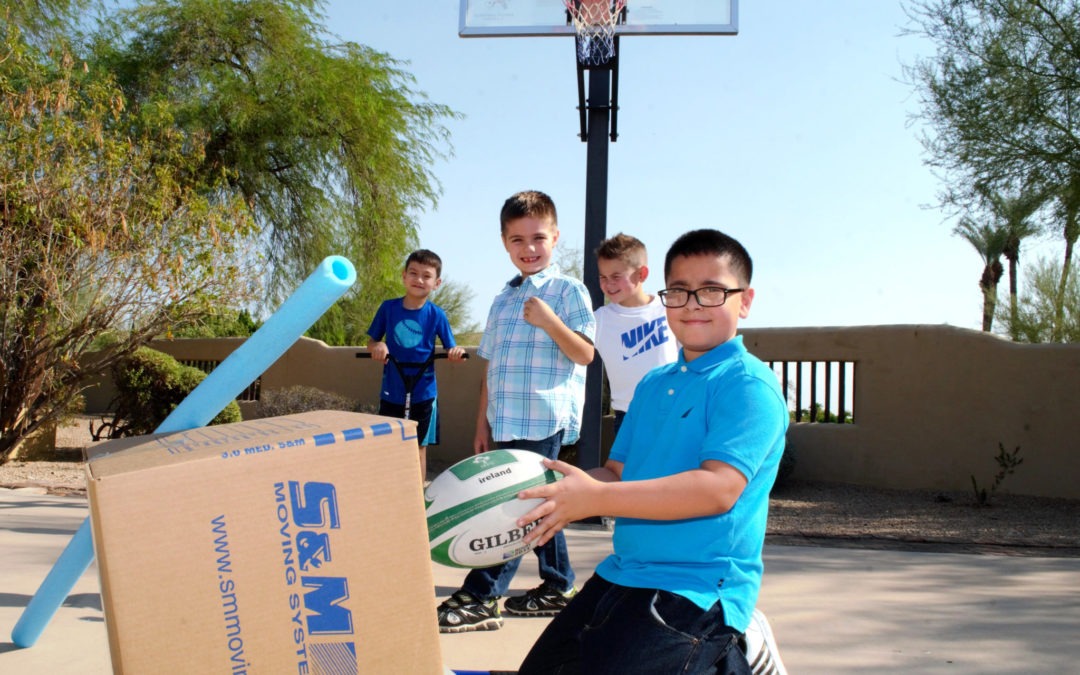TIPS TO HELP KIDS SETTLE INTO A NEW SCHOOL
Moving to a new school can be a big adjustment for children, especially if they are leaving behind friends and familiar surroundings. Here are some ways you can help your child make a smooth transition to a new school:
-
Involve your child in the process: Encourage your child to ask questions and be involved in the planning of the move.
-
Get to know the new school: Visit the school together and meet the teachers, staff, and other parents. Attend any orientation or open house events that are offered.
-
Maintain connections with old friends: Encourage your child to keep in touch with friends from their previous school, either through social media, phone calls, or visits.
-
Get involved in activities: Encourage your child to get involved in clubs, sports, or other activities at the new school. This will help them meet new friends and feel more connected to the school community.
-
Be patient and understanding: Moving can be a stressful experience for everyone, including your child. Be patient and understanding, and let your child know that you are there for them.
-
Establish a routine: Establishing a routine can help your child feel more settled and secure in their new surroundings. Encourage them to keep a consistent schedule for homework, bedtime, and other activities.
-
Seek support: If your child is having a particularly hard time adjusting, consider seeking support from a counselor or school social worker.
Remember, it takes time to adjust to a new school and make new friends. Be patient and supportive, and your child will eventually settle in and thrive in their new environment.
Questions From The Kids
Here are some common questions kids often ask during the process of moving:
-
Why do we have to move? Children may feel confused and upset about leaving their current home, friends, and school. They may wonder why they have to move and what will happen to their old home.
-
Where are we moving? Children may want to know where their new home will be located and what it will be like. They may be curious about the new neighborhood, school, and local attractions.
-
Will I still be able to see my friends? Children may worry about losing touch with their friends and may wonder if they will be able to stay in contact. They may also be anxious about making new friends in their new location.
-
What will my new school be like? Children may be nervous about attending a new school and may have questions about the teachers, students, and curriculum. They may also be curious about extracurricular activities and sports teams.
-
Can I bring my favorite things with me? Children may be attached to certain toys, books, or belongings and may be worried about leaving them behind or losing them during the move. They may also be excited about the prospect of decorating their new room and making it their own.
-
Will we be able to visit our old home? Children may feel a sense of loss and nostalgia for their old home and may want to visit it after the move. They may also be curious about what will happen to their old home and if other people will live there.
-
How long will it take to get there? Children may be anxious about the travel involved in moving and may have questions about the mode of transportation, the length of the journey, and what they can expect during the trip.
It’s important for parents to be patient and understanding when answering their children’s questions during the moving process. By addressing their concerns and involving them in the planning process, parents can help ease their children’s fears and make the move a smoother transition for everyone.

